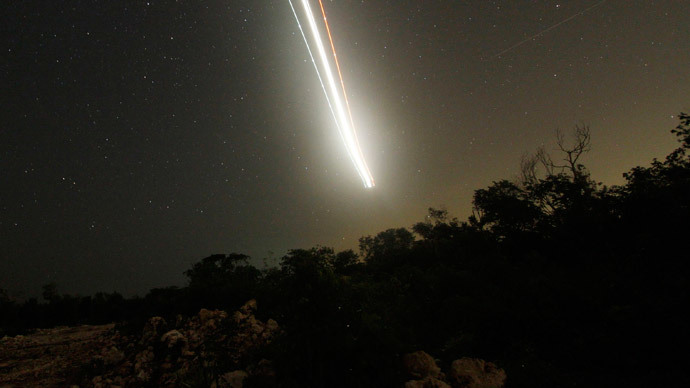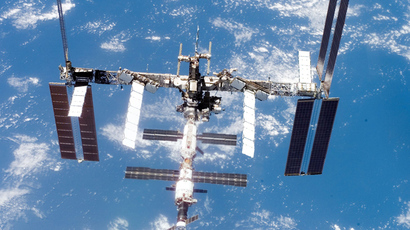Russian spy satellite burns up in Earth’s atmosphere

The Kosmos-1220 – a military signal intelligence satellite – whose fragments were expected to crash somewhere on Earth, has burned up on reentry to the Earth’s atmosphere, Russian Space Command said.
The fragments burned up at 17:58 Moscow time (13:58 GMT), Colonel Dmitry Zenin, spokesman for the Russian Defense Ministry troops, told Itar-Tass.
The Space Command was monitoring the satellite’s descent by electronic and laser-optic observation, Colonel Aleksey Zolotukhin, spokesman for the Russian Space Forces, told RIA Novosti.
The Kosmos-1220 is a Soviet signal intelligence satellite launched into orbit in November 1980 from the Baikonur Cosmodrome in Kazakhstan, then part of the Soviet Union. Its mission ended in 1982.
The satellite was part of the Soviet naval missile targeting system.
An understandable degree of unease always accompanies falling satellites, but the event is nothing exotic. And though accidents occasionally do happen, in which a piece of space junk might crash into Earth, consequences are hardly ever severe. NASA’s statistics are evidence of that. They say an average of one such fragment survives Earth’s atmosphere daily, and hardly anyone notices, while records of any property damage throughout history have been almost negligible.
Russian, American and German satellite debris, as heavy as 160-400 kilograms, had previously fallen within hundreds of kilometers of populated areas in the Pacific with very few serious incidents reported.














